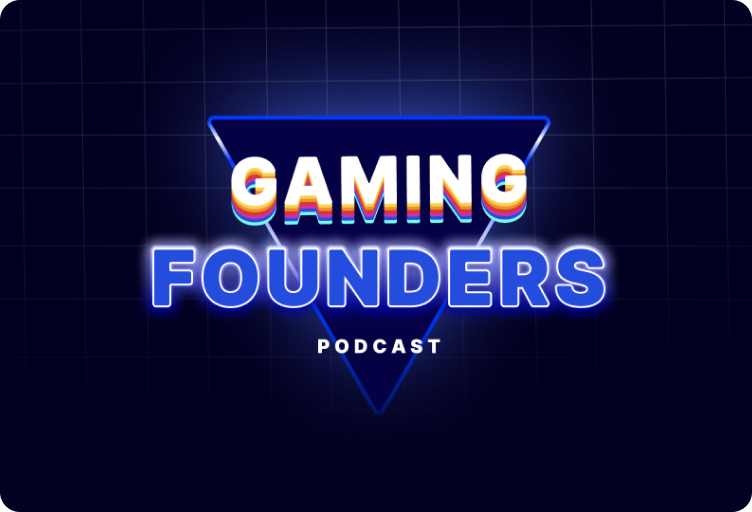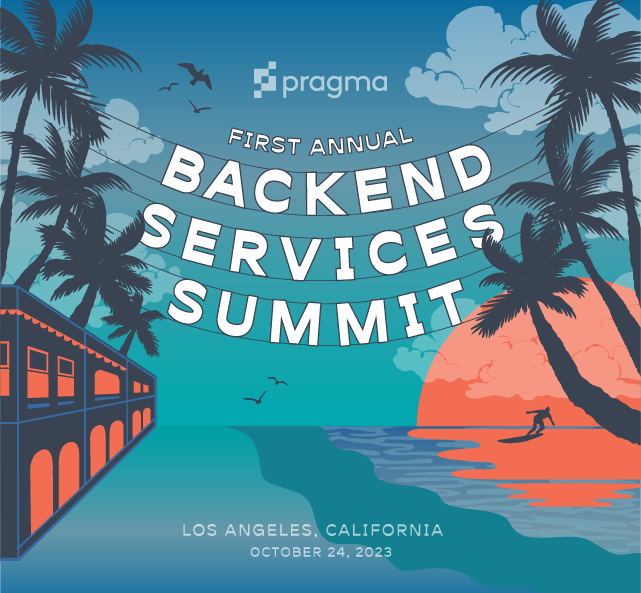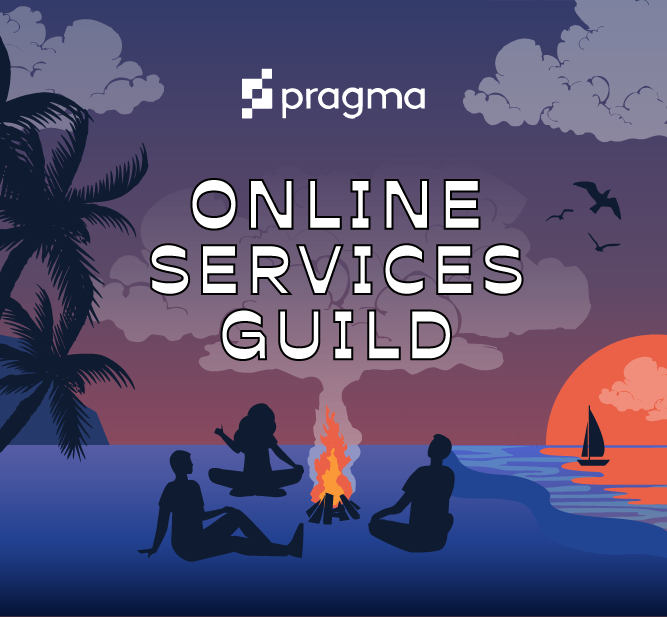DNA, the building block for organic life, separates species into collective groupings and individuals within those groupings.
While companies aren’t exactly organic life, they also have DNA that defines collective groups like industries, as well as individual companies within these pre-established collectives. Company DNA is often referred to as their culture. It’s not made up of chemical molecules, but of people, values, products, and operating principles. Unlike organic life, companies can choose their DNA, which often evolves along with the company itself.
DFJ’s Mark Bailey & Sam Fort have the following example of typical phases for a new startup. These growth phases are common lines in the sand at which organizations typically reevaluate their DNA and determine adjustments based on their next growth phase.
At Pragma, we’ve been deliberately choosing our current company DNA while remaining mindful of the journey ahead of us and changes we’ll need to make along the way. This blog is intended as a way to share several examples of unique cultural cornerstones of working at Pragma and give insight on the themes that guide how we work and support our fellow Pragmateers.
Considering The Games Industry
The games industry is intended to be a place where passionate individuals could bring entertainment and joy to the world. Unfortunately, while the games themselves may take steps towards this mission, the industry itself has often suffered from toxicity, which ultimately does feedback into the game systems themselves.
We knew that from the start, Pragma would need to be built differently, with carefully selected DNA that would help us create change for the industry we love.
How We Pragma
From Pragma’s inception, we believed we had an opportunity to leverage our shared experiences and values to do something special —
Build a powerful platform for game studios to adopt and love, and lead by example with a workplace that supports a healthy, vibrant team.
Unlocking Teams
To accomplish this, one of our most sacred artifacts is the notion of a team. For us, this means the entire collection of cross-functional individuals that make up Pragma and the individual teams with their respective functions. Our core value of Unlocked Teams emphasizes our need to ensure teams operate at their best capacity. This also represents the Pragma valuation on collective input rather than individual performance, with celebrations for our collective success as a priority. We still value individual wins, of course, but these should not overshadow the success of a team; we actively avoid building a hero culture where an individual succeeds at a cost to the team.
Pair Programming
At Pragma, pair-programming is the primary way we function. We write almost no code outside of a paired session, as our team effectiveness takes priority over individual performance. Pairing mitigates the risk of single points of failure (a teammate being out for PTO or sick leave doesn’t block the team or stop a release) and allows teams to remain unlocked regardless of who’s logged in that day. Pairing also gives us the advantage of leveraging different technical perspectives: when two people write code together they consider current language facilities and constructs, how they might have solved it using other languages previously, and numerous other factors that all yield a high-quality output. This enables us to strike a strong balance between speed and quality in our work as well as mitigate delays often introduced because of asynchronous feedback.
Amid physical disconnections due to COVID, pairing also allows for Pragmateers to build a strong sense of community, prevent isolation of individuals, and strengthen relationships with one another.
Remote Friendly
The COVID-19 pandemic forced nearly every industry to shift to a fully remote environment—at least temporarily. We’ve elected to remain remote-first permanently as a core part of our DNA, prioritizing each teammate’s real-life needs as a key part of allowing them to do their best work. We do have clusters of co-located employees with optional small office environments, but we will always value the work/life balance enabled by remote-friendliness.
To ensure we still build a sense of collective belonging and camaraderie within teams, we’ve implemented several strategic structural traditions.
Persistent Audio Channels
Offices are a form of persistent audio. If you work in an office environment, how often do you stroll by a teammates desk for a quick social chat, quickly run over to another’s to ask for help, or grab a teammate and hop into a conference room for a paired working session?
To simulate an office that accomplishes these goals for our distributed team, we leverage Discord with multi-purpose channels for employees to engage with, collaborate in, or socialize.
From our dedicated 1-on-1 duo channels to the open social Coffee Pot to our thematically named group huddle rooms, Pragmateers can easily hop around, engaging with each other consistently to avoid any sense of isolation.
In-Person Meetups
Of course, audio channels aren’t a perfect substitute for live, in-person interactions, so we incorporate quarterly meetups and an annual retreat as an expected part of our working environment. All of this is done with health and safety at the forefront: we follow all federal and local restrictions, have vaccine requirements, and administer on-site testing.
Our quarterly meetups allocate time for teammates to both socialize and pair in person. Part of these meetups is spent going over higher-level strategic business decisions and outlining the product roadmap that we use to align on upcoming work for each team. Our annual retreats are treated as a time for teammates to pause and socialize primarily, with less of an emphasis on work, and more on teammate camaraderie. This also feeds into our anti-crunch DNA.
Anti-Crunch
The notion of crunch is notorious within startup culture and the games industry specifically. Crunch culture tends to result in teams setting unrealistic time constraints on deliverables, requiring superhuman efforts by individuals to meet them. This further promotes hero culture, instead of having teams collectively work towards a realistic end outcome.
Crunch drives stress around meeting arbitrary deadlines and often requires leadership to micromanage teams, demanding results. It also incurs a large amount of technical debt, as cutting corners to meet deadlines is inevitable.
At Pragma, we not only avoid crunch—we build a culture that actively rejects it. We prioritize the health and happiness of our teammates and communicate and align regularly around major milestones to build realistic and appropriate timelines. Being anti-crunch starts with hiring great people. Our recruiting philosophy is fairly simple: Hire great individuals that share our values and then aggressively focus on retention. Many industries that value high performance and strong productivity tend to adopt an “up or out'' mentality as part of their DNA; this places the burden of success on the individual and tends to worsen hero culture. Neither of these is consistent with our team-centric operating style. It’s important to us to view retention as a joint endeavour between employee and employer, aligning passions and interests against business or engineering problems.
Wrapping Up
Ultimately, these are components of Pragma’s DNA now. In all likelihood, we will need to adapt and change as we grow and progress from a startup into an enterprise company. But we’re committed to staying true to our overarching values, remaining competitive and fulfilling our mission of supporting healthy and vibrant online communities. If this sounds like the type of place you’d love to do your best work, please get in touch with us by visiting pragma.gg/careers. We’d love to hear from you.












